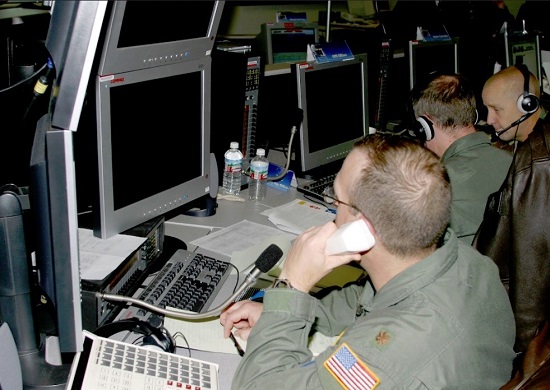Charles River Analytics Inc., developer of intelligent systems solutions, announces additional funding to build behavior modeling capabilities for the Missile Defense Agency (MDA). The two-year contract for Modeling Operator Reasoning and Performance for Human-in-Control Simulation (MORPHIC) is valued at $1 million. Under the MORPHIC effort, Charles River will provide tools for missile defense analysts to create models of human behavior for simulation.
“The missile defense community relies on using models and simulations for a variety of applications such as testing, training, exercises, wargaming, and future concept analysis,” explained Brad Rosenberg, Vice President, Decision Management Systems. “However, it is challenging to model human behavior in those systems. Human operators are core to the integrated ballistic missile defense system, so it is vital to understand how human behavior impacts system performance in various situations. Under the MORPHIC effort, we are providing tools to construct, adapt, and execute human behavior models within simulations.”
Charles River will use the Hap architecture to build the MORPHIC human behavior modeling features. Hap defines a language for describing agent behaviors and provides an execution engine for running these agents.
“Modeling behavior is incredibly complex,” explains Dr. Peter Weyhrauch, Vice President, Human Effectiveness division. “People often manage multiple, conflicting goals, process information in parallel, and are constantly taking in new information and evaluating it against what they currently believe about the world. Describing that behavior requires fundamental concepts that are not readily available in most programming and modeling languages. The Hap architecture builds in those concepts from the start.”
Charles River has incorporated Hap into several efforts, including creating behaviors that model cyber adversaries, creating behaviors moderated by physiological parameters, and developing intelligent tutoring algorithms.
MORPHIC is one of several efforts Charles River has developed for the MDA. Other efforts include a game-based training tool (RAMPART), a simulation optimization engine (SIMON), and real-time, sensor network optimization software (SNOMAN).
This material is based upon work supported by the Missile Defense Agency under Contract No. HQ014718C7001. Any opinions, findings and conclusions or recommendations expressed in this material are those of the authors and do not necessarily reflect the views of the Missile Defense Agency.





